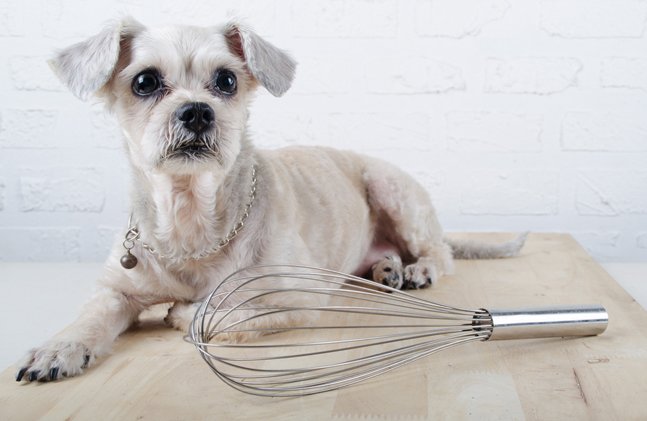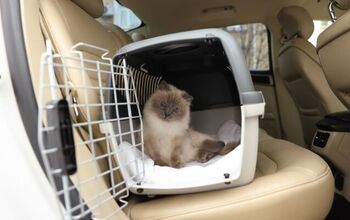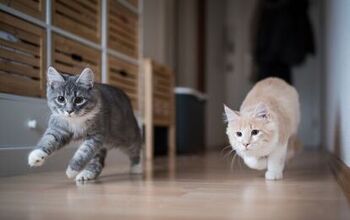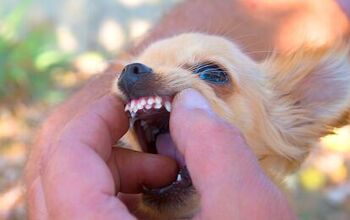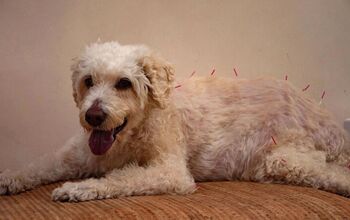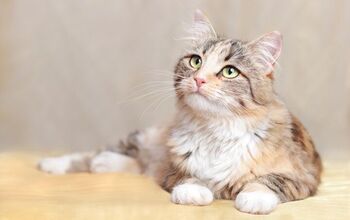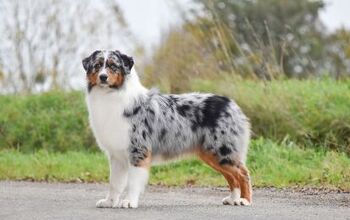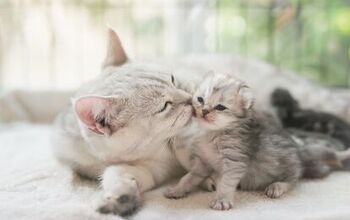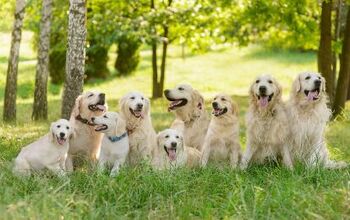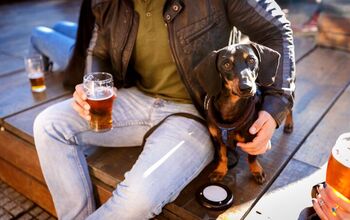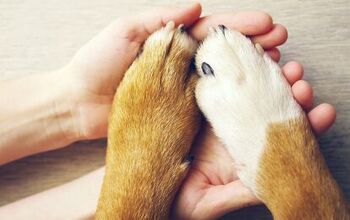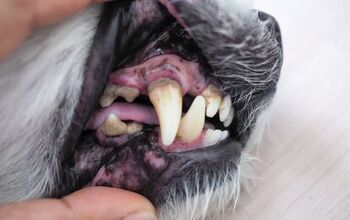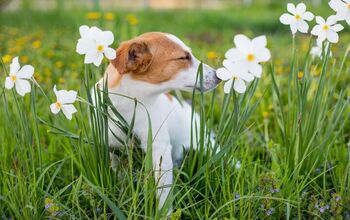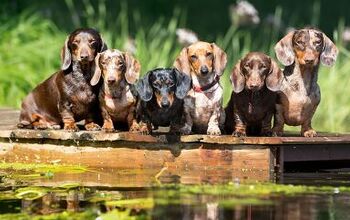Schnau-Tzu


About Schnau-Tzu
This teddy-bear lookalike is the Schnau-Tzu and he brings the distinctive features and spunky personality of a Miniature Schnauzer together with the confident nature of the Shih Tzu for a wonderful family pet who thrives on human attention. This mini-mutt gets along well with kids and other pets, loves to play and is always up for a cuddle at the end of a busy day.
The friendly Schnau-Tzu brings together the personalities of the confident little Shih Tzu and the spunky Miniature Schnauzer to make a great family pet.
The Schnau-Tzu is the love-child of 2 well-established breeds; the Miniature Schnauzer who was developed in Germany back in the mid-19th century and the Shih Tzu that can be traced as far back as 800s Tibet. While his lineage is ancient the Schnau-Tzu is not and likely dates back just 30 or 40 years to when breeders first began crossing pure-bred dogs to create pups free from many of the health issues of their pure-bred parents. Known as Designer Dogs, they also often carry some of the more desirable traits of popular breeds such as gentler personalities, smaller sizes and hypo-allergenic qualities.
While the Schnau-Tzu’s Designer Dog status means he isn’t eligible to join the American Kennel Club (AKC), both of his parent breeds are members in good standing; the Shih Tzu joined AKC’s “toy” group back in 1969 while the Miniature Schnauzer was named to the “terrier” group in 1926.
Schnau-Tzu’s are small dogs that are fairly active so opt for a high-quality kibble that delivers the nutrients needed by a dog of his size, age and activity level. Because he can be prone to pancreatitis, choose a food and treats that are lower in fat and never feed him table scraps. As joint issues can be a problem later in life, keep him fit and trim by feeding him 2 to 3 smaller meals each day versus free-feeding.
The Schnau-Tzu is highly social and tends to be that little shadow that follows his owner around.
The Schnau-Tzu is a bright dog that can become a bit stubborn and resistant when it comes to obeying commands. Patience will be required – particularly when it comes to house-breaking – along with a firm, consistent approach that establishes pack leadership early on. This beautiful boy will do best when rewards of verbal praise and favorite treats are offered up as an incentive.
Once grown, the Schnau-Tzu will weigh between 7 and 14 pounds.
The friendly Schnau-Tzu is a true people-pleaser who gets along well with kids and other pets and loves to be the center of attention. This little dog is highly social and tends to be that little shadow that follows his owner around the house all day. He enjoys being held and cuddled and for this reason doesn’t do well when left on his own for long periods of time. His small stature can cause him to be a bit timid around other dogs or new faces, yet without him making strange or barking so is ideal for apartment life.
While the Schnau-Tzu is a healthy little dog, it’s important any pet parent be aware of genetic issues their new pup could inherit down the line. With the Schnau-Tzu, that can include pancreatitis, diabetes, patellar luxation, eye disorders and Myotonia Congenita – a treatable muscle disease.
Your Schnau-Tzu will have a long life of between 10 and 12 years.
The active little Schnau-Tzu will need at least one good daily walk to keep him physically fit and mentally stimulated. Because he bonds strongly to his human pack, interactive playtime would be a welcome addition to his exercise regimen as would visits to the dog park where he can run and play with other dogs.
The people-pleasing Schnau-Tzu is highly social and loves to be cuddled.
Also known as Miniature Schnau-Tzu, Schnautzu and Shih Schnauzer, the Schnau-Tzu doesn’t qualify for the coveted American Kennel Club however he is recognized by Designer Breed Registry (DBR), American Canine Hybrid Club (ACHC), Designer Dogs Kennel Club (DDKC), Dog Registry of America, Inc. (DRA) and the International Designer Canine Registry (IDCR).
The longer-haired Schnau-Tzu’s are a moderate-shedding dog that will mean regular vacuuming of the house and car and that he be brushed 3 to 4 times per week to keep loose hair in check and prevent his coat from tangling. Regular visits to a professional groomer will keep him looking his best with bathing only as absolutely needed. All floppy eared dogs need to have a weekly inspection and ear cleaning to prevent infection and as smaller dogs are prone to dental issues, teeth should be brushed 1 to 2 times per week.
The cute-as-a-button Schnau-Tzu puppies are super-small when young so while socialization is important, handling should always be supervised to prevent injury. This tiny pup can grow into a dog with a bit of attitude so training should begin early with pack leadership established from the onset. With patellar luxation a potential problem later in life, exercise should be taken in moderation to avoid damaging wee joints.
Photo credit: Aux trois couleurs/Shutterstock; BoBoMuMu/Shutterstock

Sharing space with three seriously judgy Schnoodles and a feline who prefers to be left alone. #LivingMyBestLife
More by Mary Simpson



